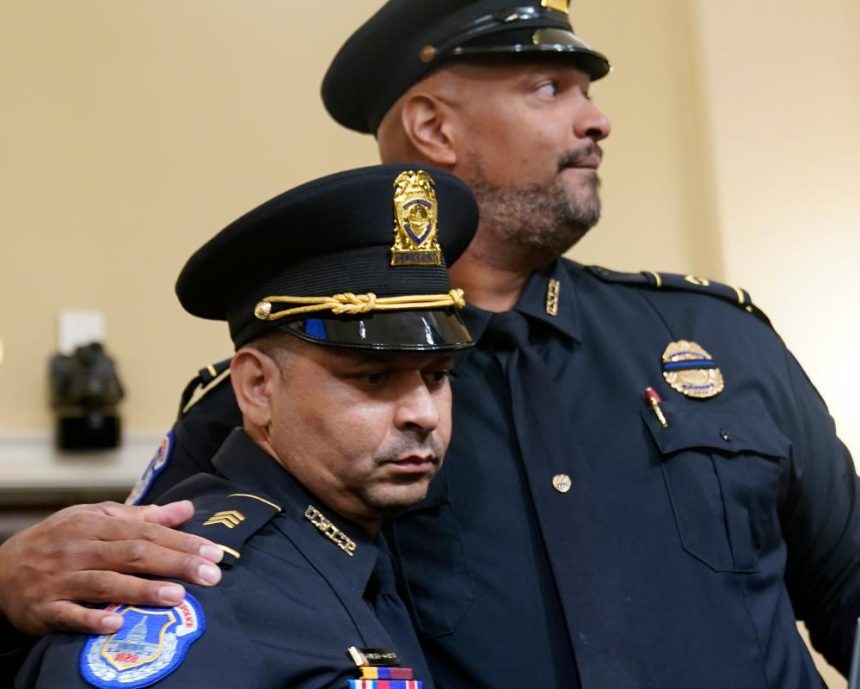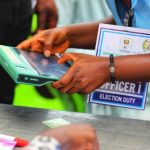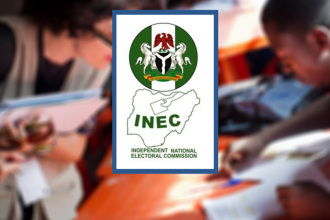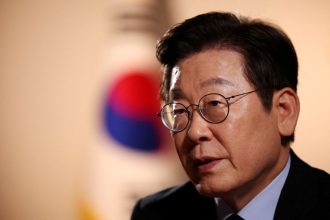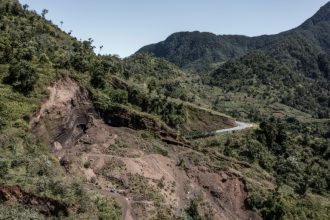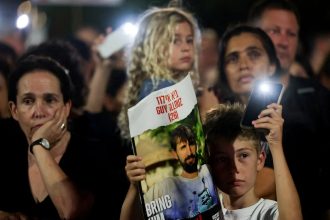As rioters beat and crushed him in a Capitol building tunnel on January 6, officer Aquilino Gonell kept thinking to himself: “Where the fuck is the president? Why is the national guard not being deployed?”
The bipartisan congressional committee that investigated the attack would later conclude that Donald Trump never ordered in the guard, which only arrived at the Capitol hours after the riot began, by the directive of the defense department. This week, the president showed far less hesitation to send national guard troops and federal agents on to the streets of Washington DC to respond to an “out of control” crime wave that city leaders say is not actually happening.
To the former police officers who suffered serious injuries at the hands of Trump’s supporters on January 6, the intervention is both outrageous and misguided. In interviews with the Guardian, several expressed doubts about the troops’ and agents’ effectiveness given the many societal forces that contribute to crime in Washington DC, and they voiced concern that the deployment is a harbinger of more authoritarian moves to come.
“He did not think that overrunning the capital and attacking hundreds of police officers by his supporters would justify authorizing the national guard,” said Gonell, who retired from the Capitol police force in 2022 after suffering injuries to his foot and shoulder from his battle with mob. “Whenever he says he’s all for law and order, I have a bridge to sell you.”
Related: ‘An intimidation tactic’: Trump’s show of force dismays Washington residents
Washington DC has long dealt with violent crime, with 2023 being a particularly bloody year that saw the district’s murder rate rise to the fourth-highest in the nation. Data shows crime has plunged since, hitting its lowest level in three decades last year.
But after a staffer from the so-called department of government efficiency was attacked in a neighborhood of upscale homes and restaurants, Trump announced that he would make the capital the second US city to which he has deployed troops since taking office in January.
The 2021 insurrection at the Capitol remains the largest single act of violence in Washington DC’s recent history – one that Trump has ensured won’t result in accountability. After referring to the attack as a “day of love” and the rioters “warriors” on the campaign trail, Trump pardoned all of those convicted or awaiting trial for offenses related to the insurrection, while his appointees have moved to clear out federal prosecutors and target FBI agents involved in their cases.
“If he really cared about public safety, he could have quelled January 6 a lot sooner than he did,” said Harry Dunn, a former Capitol police officer who faced off with the insurrectionists, and last year mounted an unsuccessful campaign to represent a House district in Maryland as a Democrat. The president, he said, was “continuing to flex his muscle, his authority, and continuing to turn the country into a police state, which is problematic”.
The former officers also regard Trump’s strategy against crime as dubious. The administration has ordered 800 national guard into the capital, along with hundreds of officers from agencies like the FBI, Drug Enforcement Administration (DEA) and border patrol. Exercising a never-before-used clause of the law that outlines the federal district’s governing structure, he also took control of the local police department, and earlier this week said he would seek Congress’s permission to extend the takeover for the “long term”.
“There were other times during crime emergencies in which we mobilized the national guard, and they were worthless each and every time. Not to say that it’s their fault, it’s just they can’t do anything,” said Michael Fanone, a former longtime Washington Metropolitan police department (MPD) officer who was dragged, beaten and shocked with a stun gun by rioters on January 6. Without arrest authority, guard troops were typically sent to direct traffic or a similar task.
Fanone worked alongside agents from the FBI and DEA on taskforces that put together “some of the best, most successful investigations” of his career – but their skillsets, he said, were not the same as city police.
“They’re an investigative unit. They don’t go out and lock people up for fucking pissing in the park or, you know, drinking a fucking beer,” he said.
Trump has also demanded the clearing of homeless people from the city streets and the White House press secretary, Karoline Leavitt, has said that those who do not go to shelters could face fines or jail time.
Dunn said that when he policed the Capitol, “we had our share of homeless people all the time, and we would recommend them going to shelters. And they said they’ve been to shelters, they’re not safe there. So do we not care about their safety?
“Everybody wants a safe community. No argument there at all, zero. However, Donald Trump is taking a hammer to an issue that would require maybe a screwdriver,” Dunn said. “There’s no precision, there’s no plan, it is just flood the streets, use of force, show toughness and authority.”
Fanone called the deployment “a distraction” from the outrage over the Trump administration’s handling of the investigation into Jeffrey Epstein, and his tariffs’ impact on the economy.
“It’s an unprecedented move. You’d think that that would be partnered with an unprecedented crime wave, and we’re not experiencing that,” he said.


